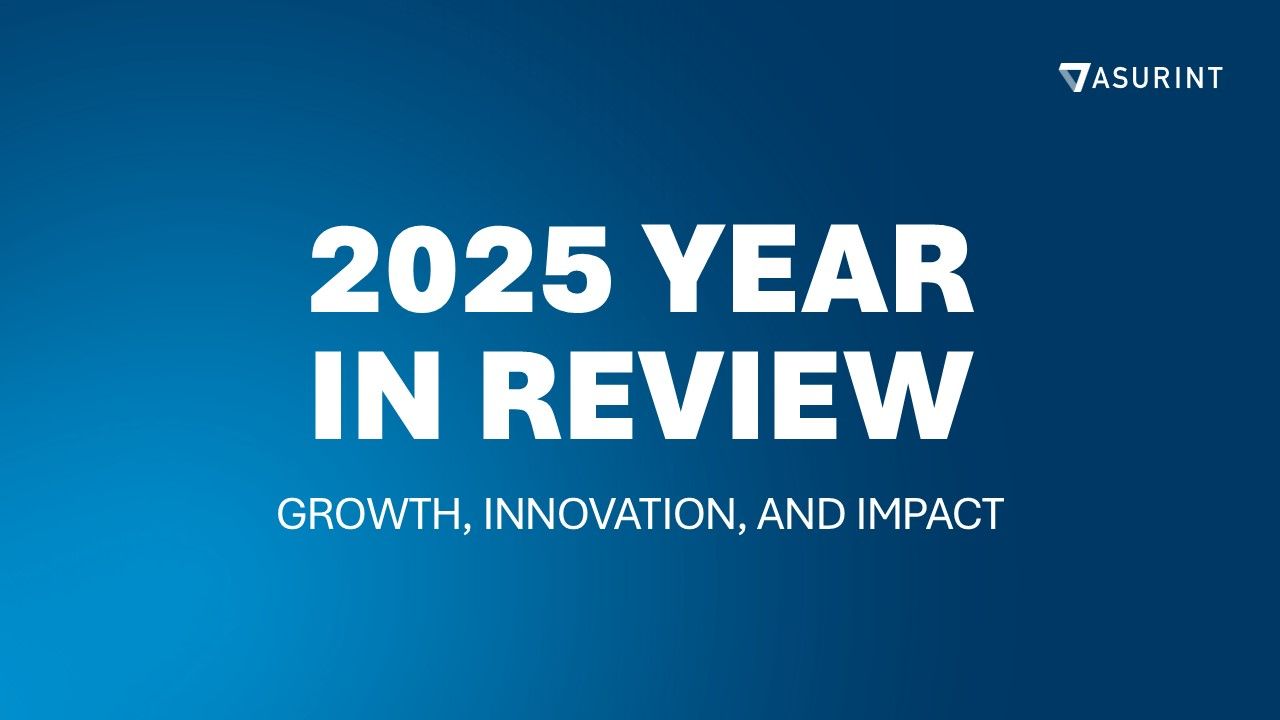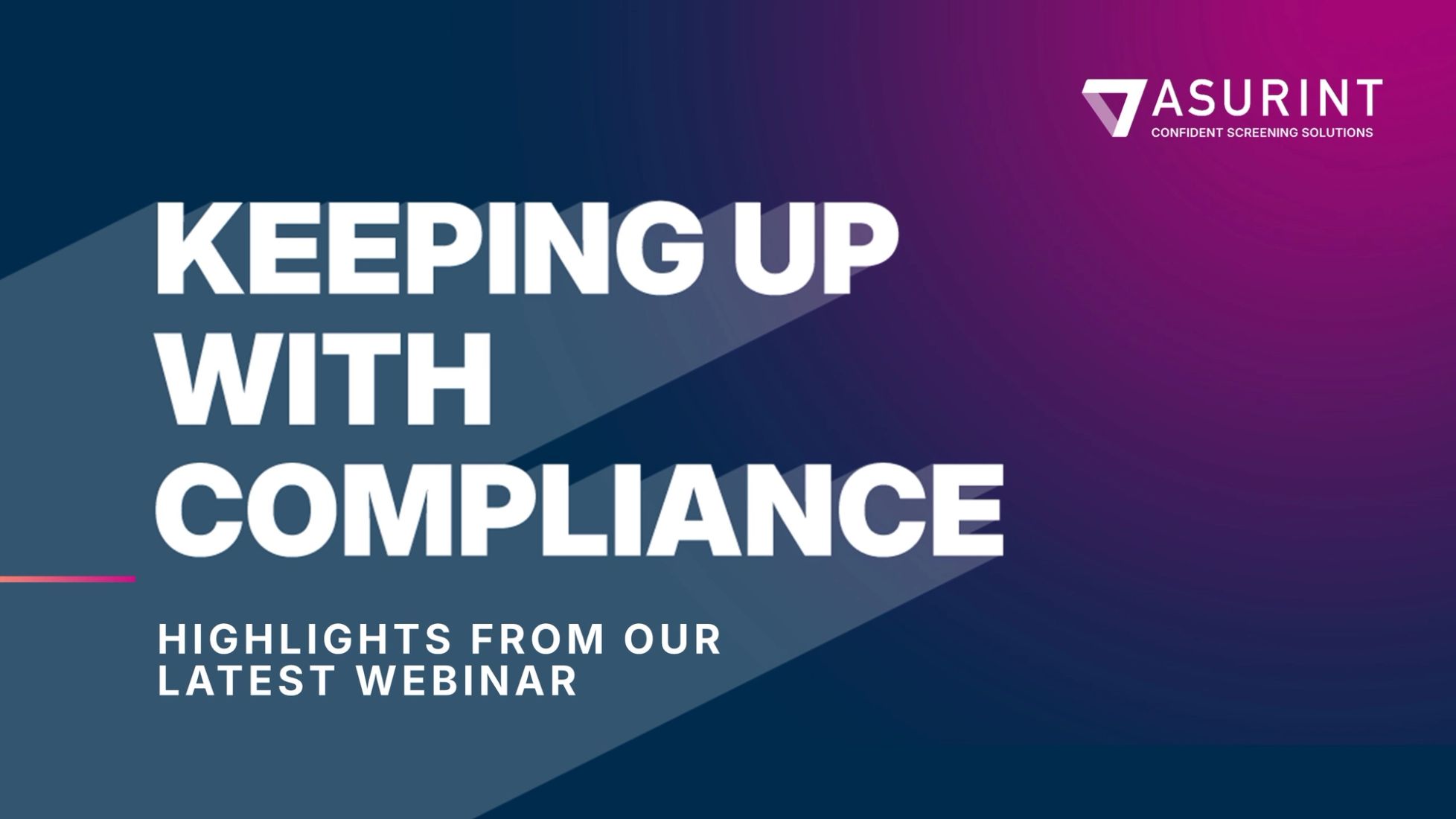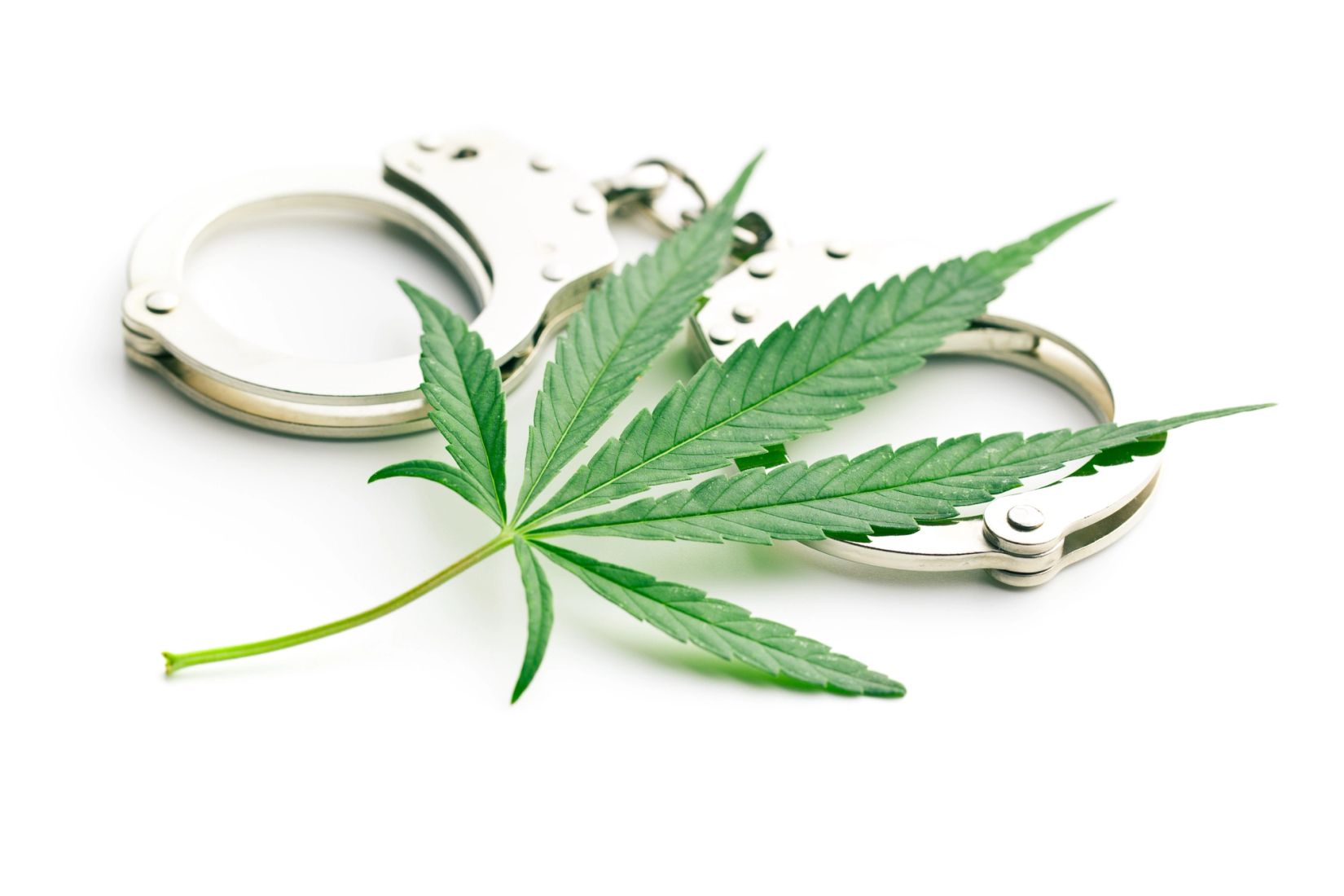
3 Ways Trucking Fleets Can Stay Competitive in 2026
We highlight three major trends shaping the transportation industry in 2026 and practical steps fleets can take to stay competitive.

Asurint’s 2025 Year in Review: Growth, Innovation, and Impact
Walk down memory lane with us as we highlight all that we’ve accomplished and celebrated in 2025.

New York Bans Use of Credit Reports in Employment Decisions
New York recently passed S3072, which bans the use of credit reports in most employment decisions. The law will take effect April 18, 2026.

Delaware County, PA Enacts Antidiscrimination Ordinance
Delaware County, Pennsylvania became the latest county in the Keystone State to enact a county-level antidiscrimination ordinance.

Illinois Passes Clean Slate Act
Illinois Clean Slate Act recently passed and is awaiting Governor Pritzker’s signature. If no action is taken to either sign or veto by December 29th, it will become law.

What’s New in HR Compliance? Highlights from Our Latest Webinar
In Asurint’s final compliance webinar of 2025, General Counsel, Kelly Uebel, breaks down the most impactful changes HR professionals need to know heading into 2026.

Bill Introduced in U.S. House to Ban Credit Checks in Tenant Screening
U.S. Representative Maxwell Frost recently introduced H.R.4369, “End Tenant Credit Screening Act."

Massachusetts Attorney General Certifies Marijuana-Related Ballot Petitions
Massachusetts Attorney General Andrea Joy Campbell has certified 44 ballot initiative petitions including two aimed at rolling back the legalization of recreational marijuana.

3 Drug Testing Trends Transportation Fleets Can’t Ignore
With the surge of fentanyl positivity rates, here are three trends every transportation company should be aware of when it comes to random drug testing.

Olympia City Council Considering Tenant Screening Restrictions
Olympia City Council has been considering potential legislation aimed at regulating aspects of the tenant screening process.

“At Will” Employment Status Results in CBD Suit Termination
U.S. Court of Appeals for the Eighth Circuit issued a ruling upholding a summary judgment in favor of the employer who faced the lawsuit after terminating an employee for a THC positive drug test.

5 Questions to Ask Before Using Social Media Screening in Hiring Decisions
Here are five essential questions every organization should ask when looking t use social media screening in their hiring decisions.


